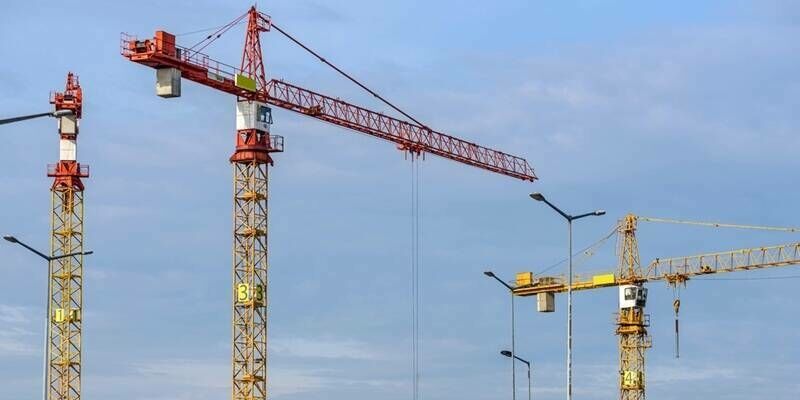Scotland/London, 15 August 2017 - Leading sustainability data company, Ecometrica, has called on countries and governments to adopt modern direct methods to measure climate-change emissions, following the revelations by the BBC that official figures for emissions of climate-warming gases are often flawed, allowing some countries to underreport the level of pollution.
Gary Davis, chief executive of Ecometrica, said: "The 'inventory' accounting system used to extrapolate emissions levels from estimates of industrial and other activity has reached the limit of accuracy for greenhouse gas accounting, particularly for gases other than CO2. It's been superseded by advanced emissions data gathering technology, which now exist at low costs.
“The time has come to move to direct monitoring of emissions and land use, using remotely sensed data from UAVs and satellites, which can provide much more accurate and transparent, near real time emissions monitoring.
"Supplementing and replacing the inventory-based systems with more modern direct accounting methods should be the key priority, to allow data quality to be improved. This would lay bare the real impact countries are having on the world's atmosphere and climate.
He added: “Accurate verified data is crucial when it comes to knowing the extent of the damage we are doing to the environment, and predicting the impact of climate change. It is also an essential tool in tackling climate change both by enforcing national promises to reduce emissions and by building up a clear picture of the activities, which are causing the most damage. That way, we can look to reduce the most harmful emissions with as little economic impact as possible.
BBC Radio 4's Counting Carbon programme found that air sampling by scientists proved that some greenhouse gas emissions are being under-reported – especially those of lesser-known but highly damaging gases produced by certain industries. The investigation found that the 'inventory' accounting system used to extrapolate emissions levels from estimates of industrial and other activity was allowing some countries to under-report their environmental impact and escape their obligations under the Paris agreement on climate change.
“With the Paris Agreement, the world has said that is going to get serious about reducing emissions and commit to spending a decent amount of resource on it. If that remains the ambition, it's essential that we also get serious about emissions monitoring, reporting and data verification too.
“It has been clear for some time that more advanced data-gathering methods would be needed, to enable monitoring using both inventory and direct methods. It's time for the world to move on from the inaccurate inventory based estimates, especially for national level accounting, but the reality is somewhat different.
“Many of these technologies now exist at low cost, with the costs of accurately measuring emissions coming down all the time. Advanced sensors are being designed and launched on satellites and governments should be looking to implement these, rather than being happy with the status quo inventory-based approach. There is no excuse for not moving to more robust and accurate national greenhouse gas monitoring and reporting.”
Subscribe to our newsletter
Stay updated on the latest technology, innovation product arrivals and exciting offers to your inbox.
Newsletter

